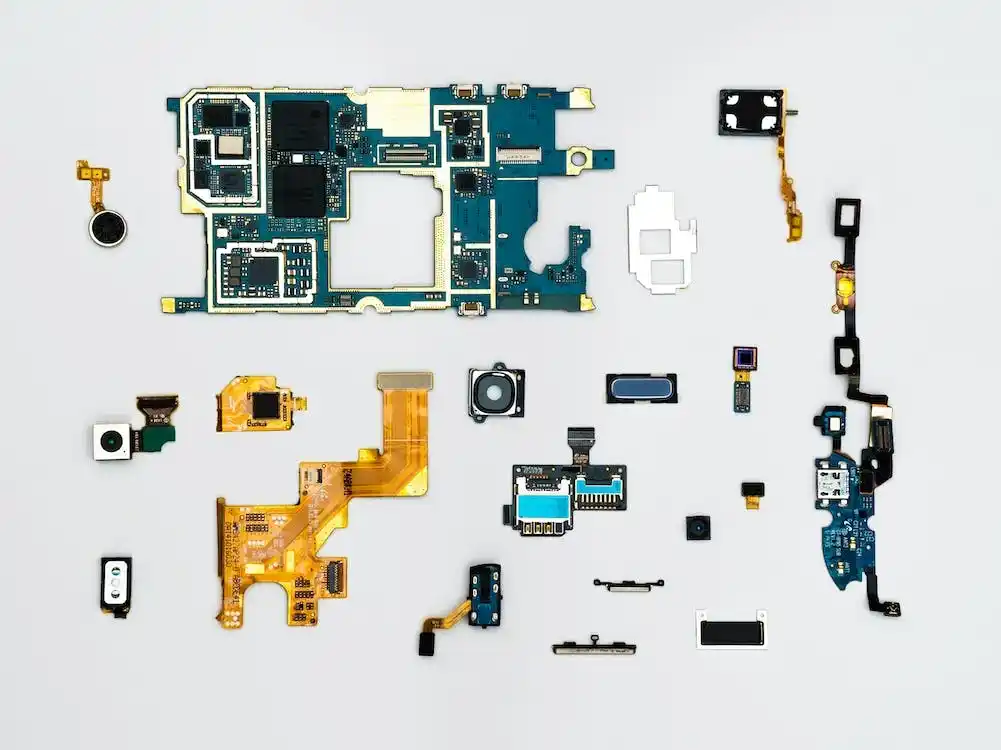The concept of smart cities is becoming increasingly popular as technology continues to advance and urbanization becomes more prevalent. Smart cities are defined as cities that use data and technology to improve the quality of life for citizens, enhance sustainability, and increase efficiency. In this article, we will explore the future of smart cities, including their benefits, challenges, and potential impact on society.
Benefits of Smart Cities
One of the main benefits of smart cities is improved quality of life for citizens. Smart cities can use technology to create safer and more secure environments, provide better healthcare, and offer more efficient transportation. For example, sensors and cameras can be used to monitor traffic and reduce congestion, while smart healthcare devices can improve patient outcomes and reduce healthcare costs.
Smart cities can also have a positive impact on the environment. By using technology to optimize resource consumption and reduce waste, smart cities can become more sustainable and help address climate change. For example, smart energy grids can better manage energy consumption and reduce greenhouse gas emissions, while smart waste management systems can improve recycling rates and reduce landfill waste.
Challenges of Smart Cities
While the benefits of smart cities are significant, there are also challenges that need to be addressed. One of the main challenges is privacy and data security. Smart cities rely on data and technology to function, which means that citizens’ personal data can be vulnerable to cyberattacks and data breaches. To address this challenge, smart cities need to prioritize data security and privacy, and ensure that citizens have control over their personal information.
Another challenge of smart cities is the digital divide. Smart city technologies require access to high-speed internet and digital devices, which means that citizens who lack access to these resources may be left behind. To address this challenge, smart cities need to prioritize digital inclusion and ensure that all citizens have access to the technologies that they need to thrive.
The Future Impact of Smart Cities
The impact of smart cities on society is likely to be significant. By using technology to improve efficiency and reduce waste, smart cities can help address some of the biggest challenges facing humanity, including climate change and resource scarcity. In addition, smart cities can improve quality of life for citizens and make urban environments more livable and enjoyable.
However, the impact of smart cities will depend on how they are designed and implemented. Smart cities need to prioritize the needs of citizens and ensure that their technology is used ethically and responsibly. By doing so, smart cities can create a future that is not only technologically advanced, but also equitable, sustainable, and just.
Conclusion
The future of smart cities is exciting and full of potential. By using technology to improve efficiency, reduce waste, and enhance quality of life, smart cities can help create a better world for all. However, smart cities also face significant challenges, including data security, privacy, and digital inclusion. To ensure that smart cities fulfill their potential and create a better future, it is essential that they prioritize the needs of citizens and use technology ethically and responsibly.
Overall, the future of smart cities is bright, but it is up to us to ensure that they are designed and implemented in a way that benefits everyone.
The focus key phrase for this article is “”the future of smart cities.
Best Articles
Read about Smart City











